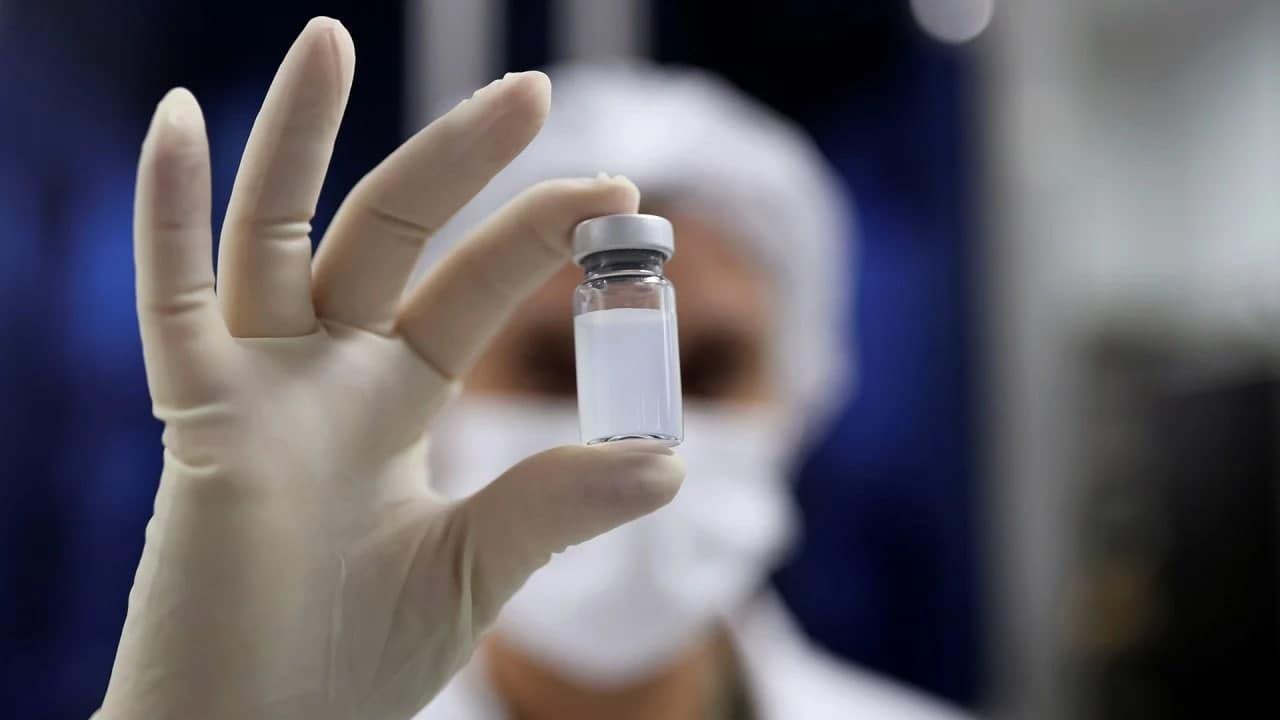KUALA LUMPUR, June 5 (Xinhua) -- Malaysian regulators have approved clinical trials of the inactivated COVID-19 vaccine developed by Shenzhen Kangtai Biological Products Co., Ltd. (SZKT), the Health Ministry said on Saturday.
The phase 3 clinical trial of the vaccine will involve some 3,000 volunteers, aged 18 and above and will be conducted over a 15-19 month period, it said in a statement.
"The clinical trial for the COVID-19 vaccine that is being done in Malaysia will provide clinical data on the safety and efficacy of the vaccine as well as data on its suitability for Malaysians," it said.
Besides Malaysia, Colombia, Argentina, Pakistan, the Philippines and Ukraine are also involved in the trials.
The vaccine was previously granted emergency use in China, with no adverse events with an intensity of grade 3 or above in the first two phases of its clinical trials being reported.
A grade 3 adverse event refers to side effects that are severe or medically significant but not immediately life-threatening, according to the Common Terminology Criteria for Adverse Events.
In February, SZKT signed an agreement with Malaysian public-listed company Yong Tai for the procurement, phase 3 clinical trials and exclusive commercialization of its inactivated COVID-19 vaccine candidate.
Malaysia has also engaged in a phase 3 clinical trial of a COVID-19 vaccine candidate developed by the Institute of Medical Biology of the Chinese Academy of Medical Sciences (IMBCAMS), to generate scientific data in the development of the vaccine candidate to evaluate its safety and efficacy.
Malaysia is currently rolling out the COVID-19 vaccine developed by Chinese pharmaceutical company Sinovac Biotech, both in finished products imported from China as well as a local fill and finish product bottled by Malaysian pharmaceutical company Pharmaniaga.
Malaysia's vaccination program to go through February 2022 will be conducted in three phases, with the first phase for frontline workers covering about half a million people, the second phase for high-risk groups and the third phase for adults aged 18 and above.
